| Cashew nut exports forecast to grow strongly in the coming months. Removing difficulties for cashew nut export enterprises. |
Exports increased gradually towards the end of the year
The General Department of Customs ( Ministry of Industry and Trade ) cited data from the General Department of Customs as saying that it is estimated that Vietnam's cashew nut exports in November 2023 will reach 65,000 tons. The estimated export price is 5,512 USD/ton, earning about 358 million USD.
Although the cashew export price decreased by 12.6% compared to the previous month, the export volume and value increased by 1.1% and 0.03% respectively compared to October 2023, and by 34.5% and 30.7% compared to November 2022.
In the first 11 months of 2023, Vietnam's cashew nut exports are estimated to reach 582 thousand tons, worth 3.31 billion USD, up 23.1% in volume and 17.4% in value over the same period last year. In the first 11 months of 2023, the average export price of Vietnam's cashew nuts reached 5,682 USD/ton, down 4.7% over the same period.
With results in 11 months, the cashew industry has exceeded the target set by the Vietnam Cashew Association of 3.1 billion USD and is forecast to increase further this December.
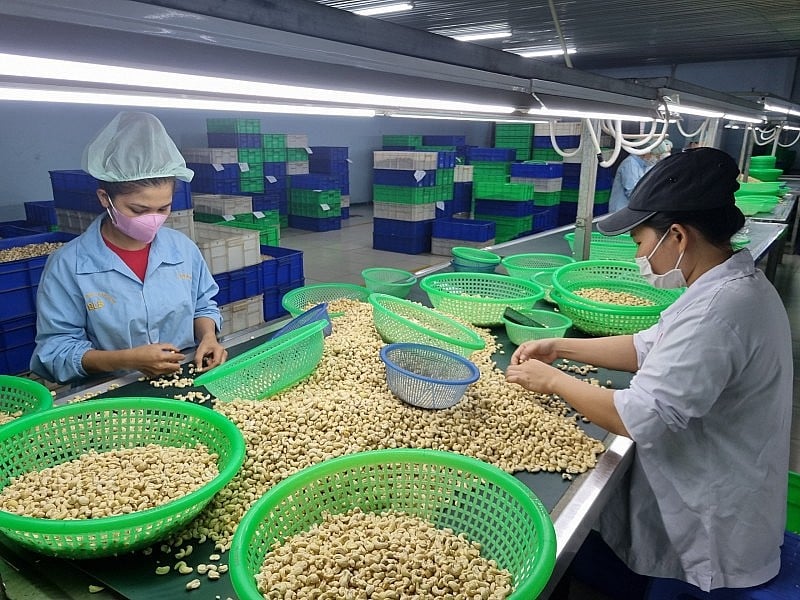 |
| Cashew export orders increase in the last months of the year |
Commenting on the market and cashew export business activities in 2023, Mr. Vu Thai Son, Chairman of Binh Phuoc Cashew Association, Chairman of Long Son Group - said that compared to 2022, the export volume for the whole year of 2023 will grow by about 25%, but the value will be lower.
According to Mr. Vu Thai Son, the decrease in value of the cashew industry comes from the fact that the cashew industry has to buy raw materials 6 months in advance. Meanwhile, at the beginning of 2023, businesses bought raw materials at high prices, but in the following months, the world 's export prices gradually decreased. At the same time, businesses also have to face high interest costs, fluctuating exchange rates, etc., leading to almost no business efficiency.
2024 is still promising
However, Mr. Son believes that the cashew industry still has good prospects in 2024 because many world markets such as the EU, Japan, etc. still have demand for cashew products. The proof is that from the end of 2023, import orders from countries such as Europe, the US, Japan, etc. are increasing and at this time, more than 10 Long Son cashew processing factories are operating at full capacity, even having to consider not accepting more orders.
Sharing the same opinion, Mr. Nguyen Hoang Dat, Director of VINAHE Company Limited (Binh Phuoc) - said that VINAHE's export orders increased significantly in the last months of the year and the company also had to work at full capacity to meet delivery schedules.
The prospect is there, but according to the general assessment of businesses, the cashew industry is facing the problem of raw materials, high interest costs... along with the wave of shifting to green production following the global trend. In terms of raw materials, the cashew area is increasingly narrowing because people are switching to growing other crops with higher value such as durian, jackfruit... Therefore, next year if domestic businesses do not unite and agree to regulate the import price of raw cashew materials and the price of processed cashew nuts. Regarding the green transition wave, according to businesses, markets are increasingly demanding more stringent environmental standards, social responsibility...
Citing an example from Long Son Group, Mr. Vu Thai Son said that this enterprise is exporting to supermarket partners in the US and Europe, so it requires very high standards. For example, if previously the parameters on the packaging could be printed, the partner requires laser engraving. The enterprise also has to prove to the partner its social and environmental responsibility.
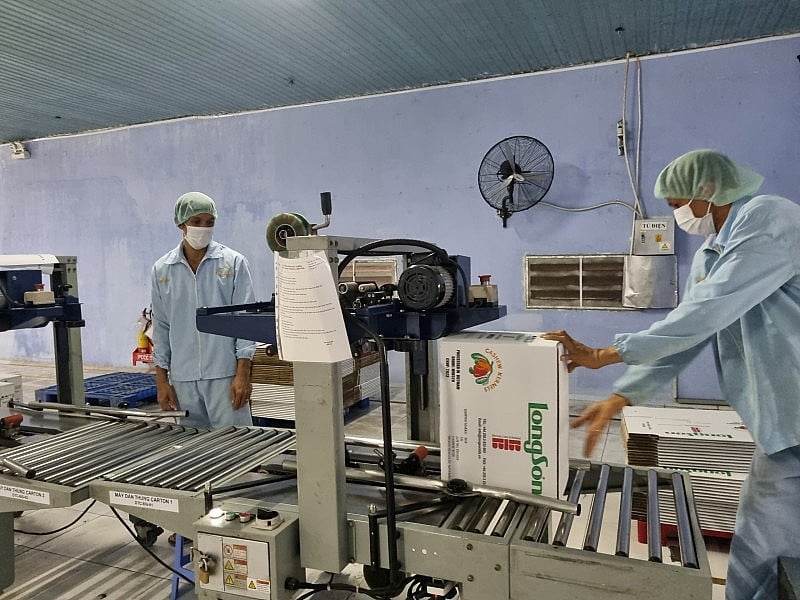 |
| Cashew packing workers for export |
Need to be "recharged"
To take advantage of market opportunities, businesses have been trying to invest in mechanization, automation, reduce workers, reduce production costs and try to sell products - even if the price is cheaper. This is to help businesses reduce inventory, rotate money to pay bank loans, thereby reducing interest. Along with that, investing in rooftop solar power to reduce electricity usage, at the same time signing labor contracts for workers in accordance with international practices.
“The electricity bill must be reduced, and there must be solar panels on the factory roof for the partner to accept. In addition, we must also sign a full contract with the workers, committing not to violate overtime. Only then can we win a long-term contract with the partner,” said Mr. Son.
However, in addition to the initiative of enterprises, the Vietnam Cashew Association proposed that in the coming time, the state needs to have a more open loan support policy for enterprises; especially a flexible mechanism in collecting foreign currency when exporting, specifically, collecting foreign currency in whichever market is sold.
Another issue that businesses are also concerned about is VAT refunds. Accordingly, the current verification procedure of the tax authority requires sending letters to importing countries. Businesses believe that, basically, verification is appropriate, but for some customers (Japan), if the verification procedure is too much, it will cause difficulties for businesses, leading to loss of contracts.
“We have no problem with the tax department sending verification documents to countries around the world, but we suggest sending less to Japanese customers. Because every time we send such documents, Japan will ask us to explain and think that we have problems in business, and from there they can switch to buying cashews from India,” Mr. Son shared.
Source link


![[Photo] Hanoi morning of October 1: Prolonged flooding, people wade to work](https://vphoto.vietnam.vn/thumb/1200x675/vietnam/resource/IMAGE/2025/10/1/189be28938e3493fa26b2938efa2059e)





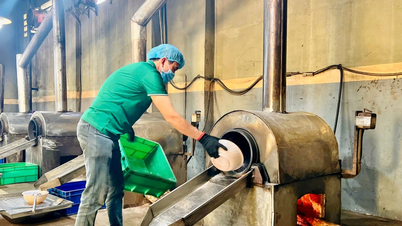


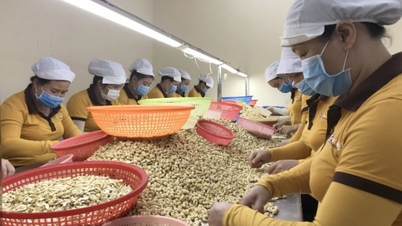
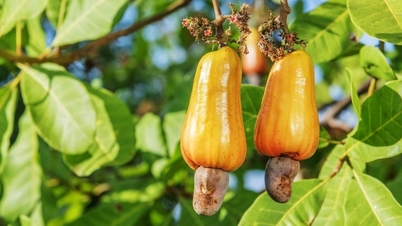

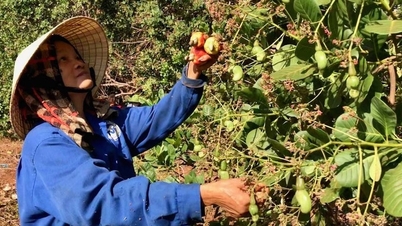
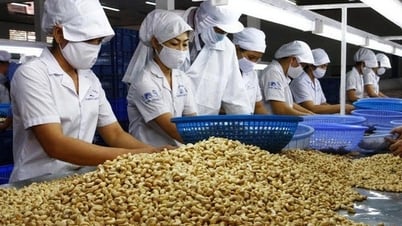
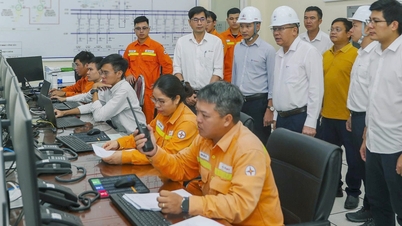
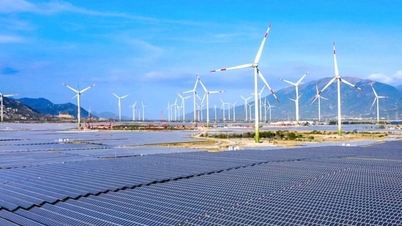


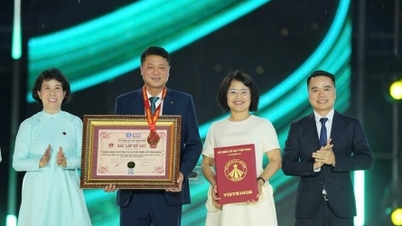

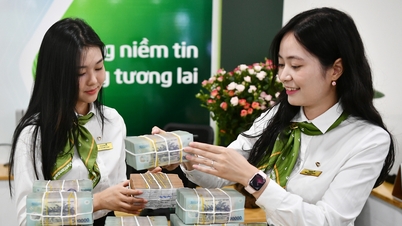
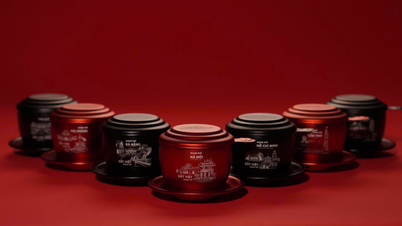






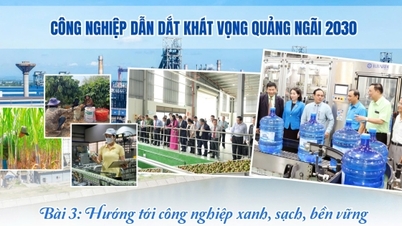
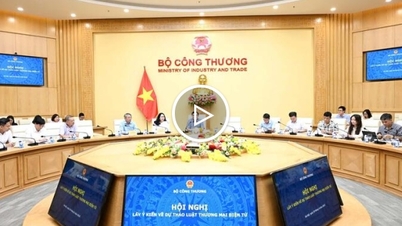

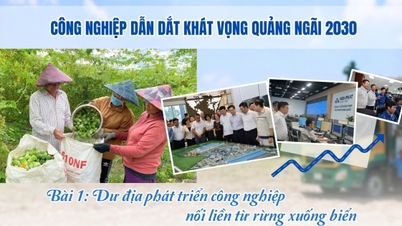
![[Photo] The 1st Congress of Phu Tho Provincial Party Committee, term 2025-2030](https://vphoto.vietnam.vn/thumb/1200x675/vietnam/resource/IMAGE/2025/9/30/1507da06216649bba8a1ce6251816820)
![[Photo] Panorama of the cable-stayed bridge, the final bottleneck of the Ben Luc-Long Thanh expressway](https://vphoto.vietnam.vn/thumb/1200x675/vietnam/resource/IMAGE/2025/9/30/391fdf21025541d6b2f092e49a17243f)
![[Photo] President Luong Cuong receives President of the Cuban National Assembly Esteban Lazo Hernandez](https://vphoto.vietnam.vn/thumb/1200x675/vietnam/resource/IMAGE/2025/9/30/4d38932911c24f6ea1936252bd5427fa)























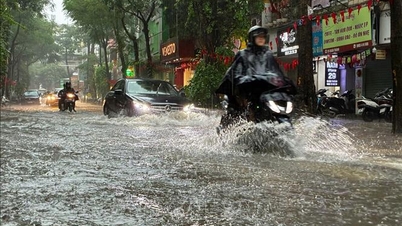
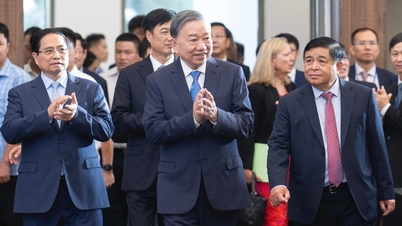
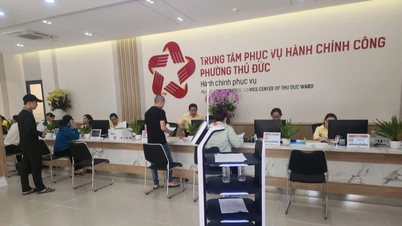
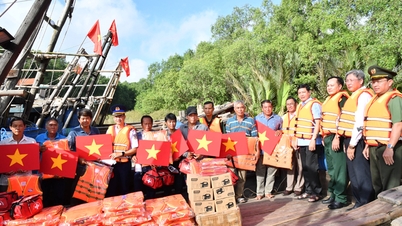
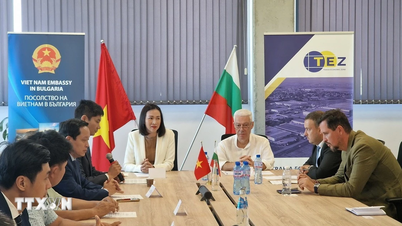
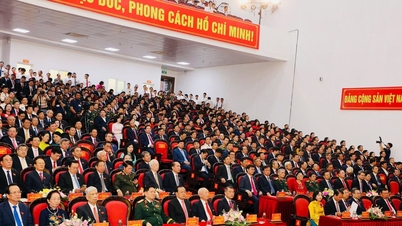




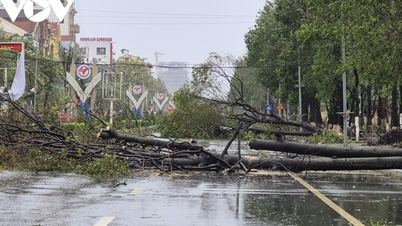


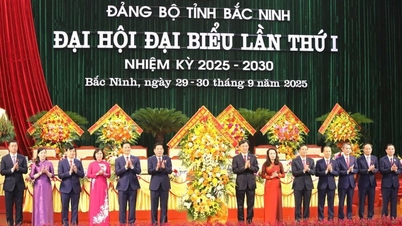

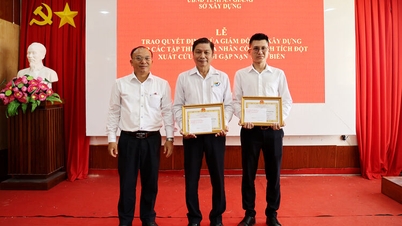



![[Megastory] A term of creation: An Giang rises from historical imprints](https://vphoto.vietnam.vn/thumb/402x226/vietnam/resource/IMAGE/2025/10/1/2660ab96e53f4270bcc37f8d39c36c78)



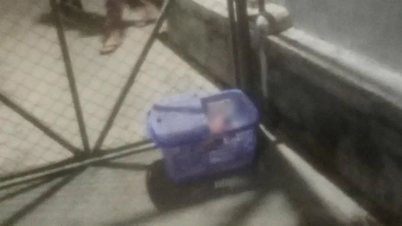














Comment (0)